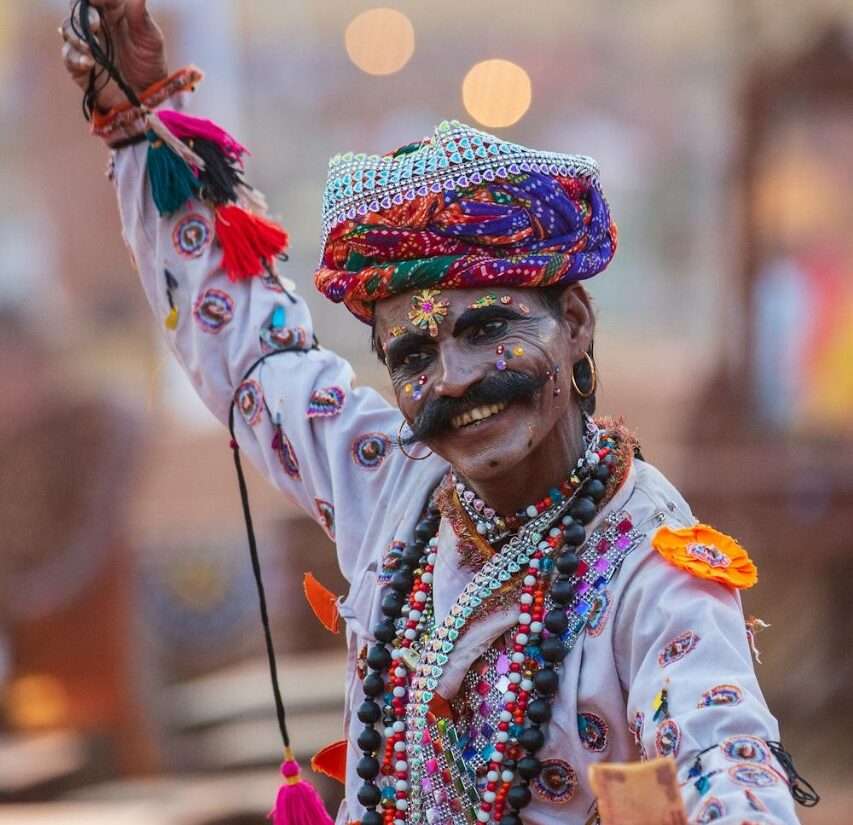Preserving India’s Intangible Cultural Heritage: Challenges and Initiatives
- indigenousartsfoundation
- April 23, 2024

i
ndia is well known for its diverse range of customs, festivals, performing arts, and oral histories that have been passed down through the ages. India’s identity is greatly defined by its intangible cultural heritage, which reflects the country’s variety, history, and social values. But maintaining and protecting this priceless legacy in an era of fast development and globalization faces serious concerns. In this blog, we examine the challenges of safeguarding India’s intangible cultural legacy and the conservation efforts being made to conserve it.
Challenges in Preserving Intangible Cultural Heritage:
- Globalization and Urbanization:
Rapid urbanization and globalization have eroded traditional practices, marginalized indigenous communities, and disconnected younger generations from their cultural roots, resulting in a decline in intangible heritage transmission.
- Disappearance of Traditional Knowledge:
Traditional artisans and practitioners face economic challenges and lack of support, threatening the loss of traditional skills and knowledge, endangering India’s intangible cultural heritage.
- Environmental Degradation:
Traditional practices, such as indigenous agriculture, natural rituals, and crafts, are threatened by environmental degradation, including deforestation, pollution, and climate change, which threatens their ecosystems.
- Threats to Oral Traditions:
Digital media and standardized education systems threaten oral traditions like folk songs, storytelling, and indigenous languages, posing a risk of losing valuable cultural knowledge.
“Preserving India’s rich tapestry of intangible cultural heritage is not merely a task; it’s a sacred duty to honour our ancestors and pass on the legacy to future generations.”
Initiatives for Conservation:
- Documentation and Research:
India’s intangible cultural heritage is being documented and researched through collaboration between institutions, scholars, and grassroots organizations, focusing on oral traditions, performing arts, rituals, and traditional knowledge systems.
- Community Engagement and Empowerment:
Community-based initiatives preserve intangible cultural heritage, empower local practitioners, and promote conservation through workshops, festivals, and cultural exchanges, revitalizing traditional practices and fostering cultural identity pride.
- Policy Interventions and Legal Frameworks:
Governments in India are implementing policies and legal frameworks to protect intangible cultural heritage, including site designation, financial incentives, and cultural education integration, ratifying the UNESCO Convention.
- Digital Preservation and Outreach:
Digital preservation and outreach utilize technology to promote intangible cultural heritage through digital archives, online repositories, virtual exhibitions, social media platforms, and multimedia storytelling. India’s intangible cultural heritage is crucial for identity preservation, social cohesion, and sustainable development, requiring collaborative, inclusive, and adaptive efforts amidst globalization, urbanization, and environmental degradation.






